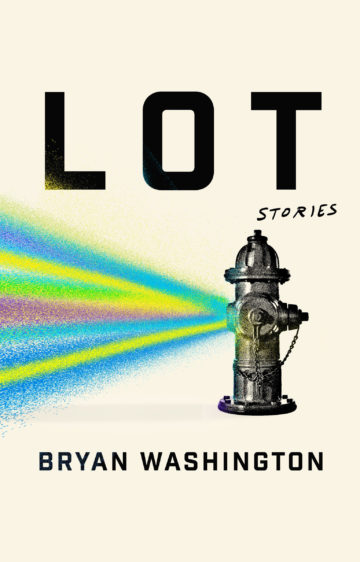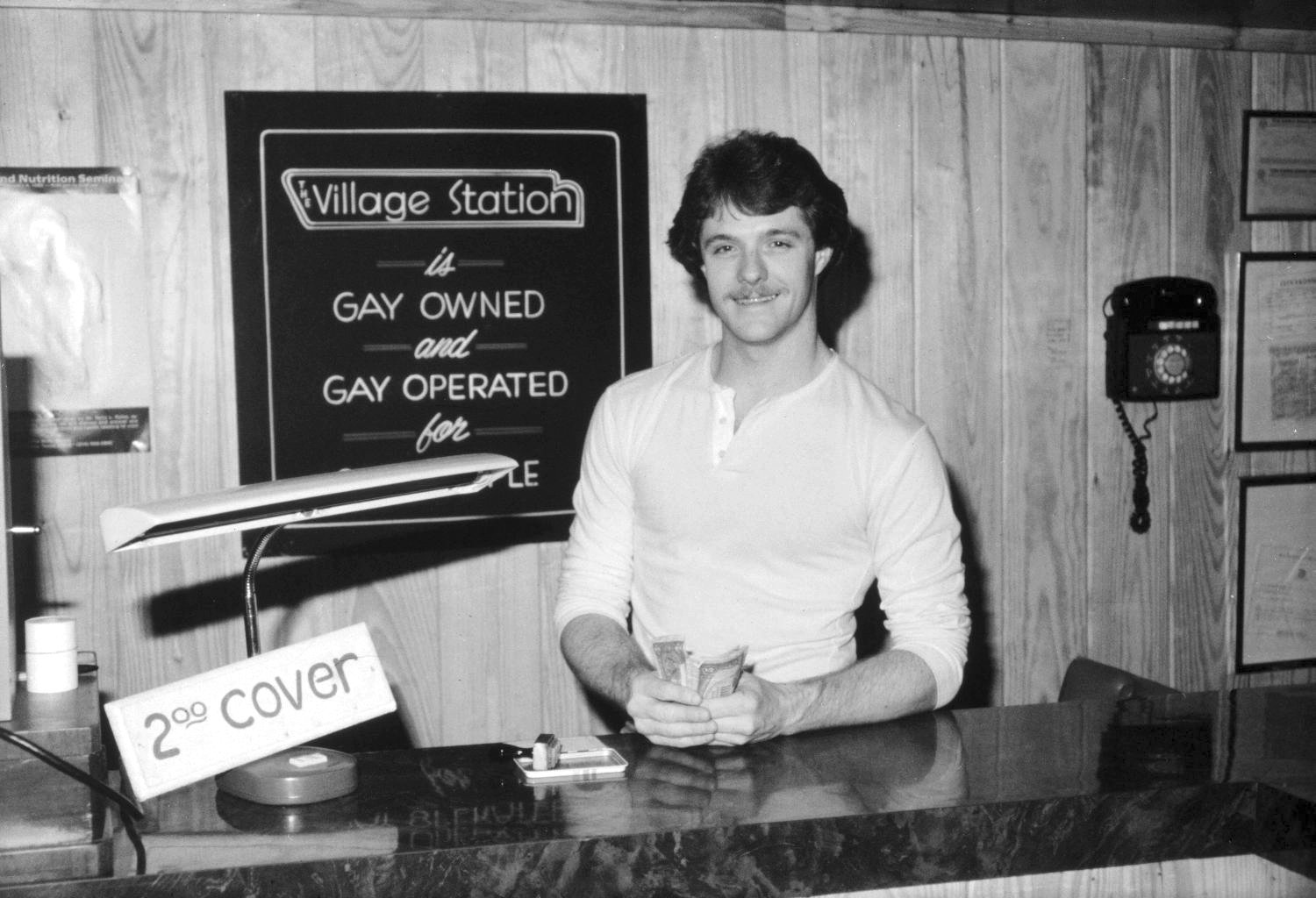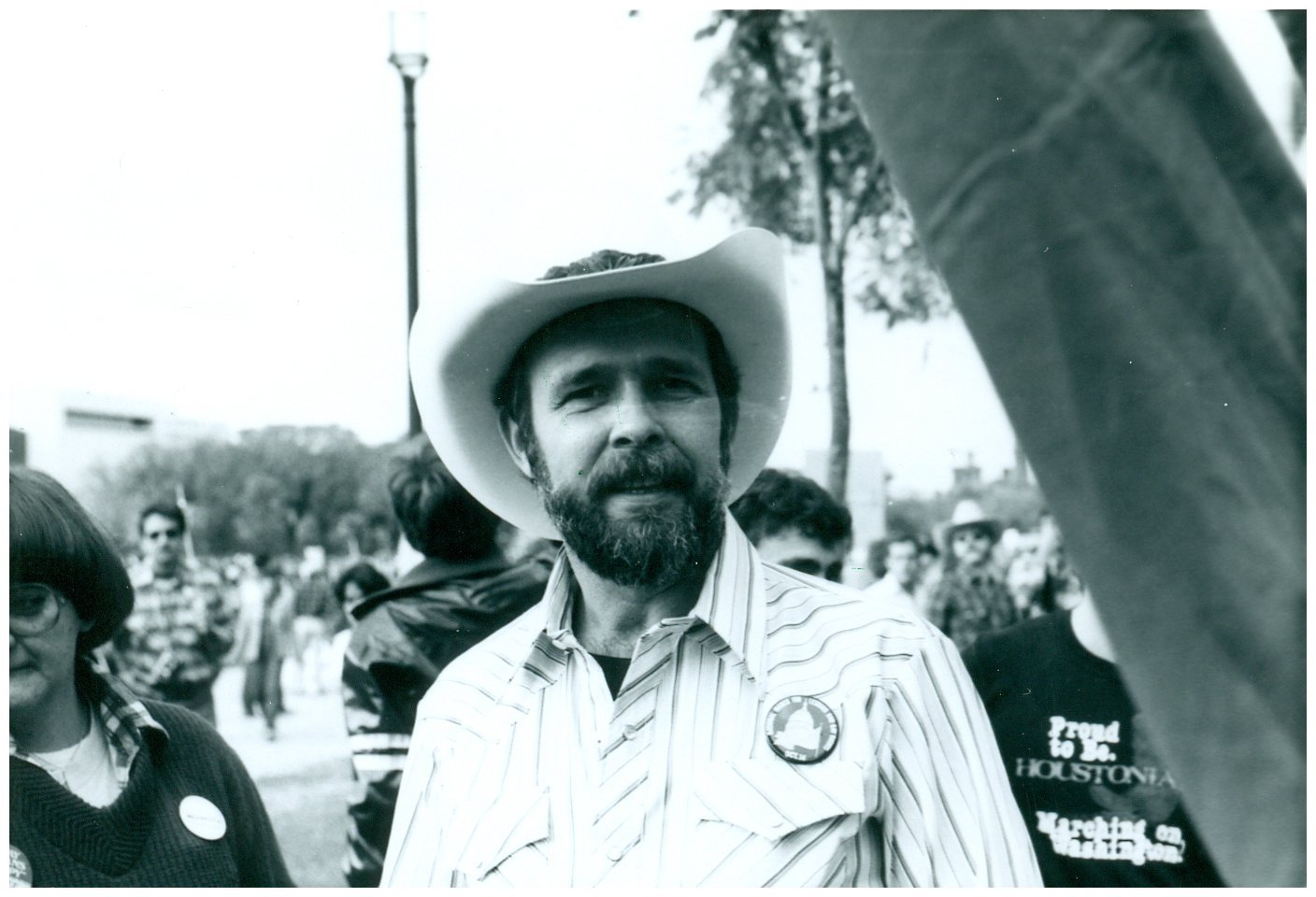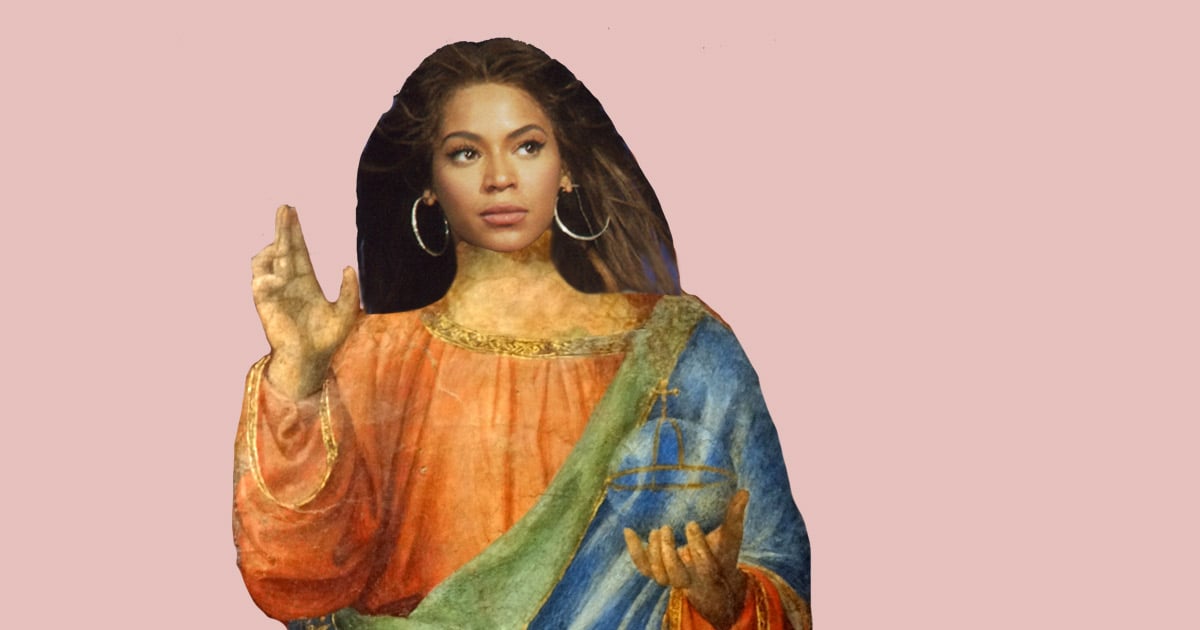
Swamp City Serenade
Bryan Washington’s remarkable debut book, "Lot," captures Houston in meticulous, tenderhearted detail.
A version of this story ran in the March / April 2019 issue.
The wonder of Houston can sometimes be difficult to explain to those not born and bred in the Bayou City. Yes, it is indeed sprawling, as so many have said pejoratively through the years, but there is a beauty in Houston’s expansiveness. Other cities, too, can boast of their multiplicity, but Houston’s sheer size and the diversity its vastness encourages is what makes the humid town stand out. Yet while there is a bevy of Houston-centered stories to be told, not enough authors have had space to share them — particularly with wider audiences.
Thankfully, the goal to share more H-Town (or “H-Tine,” the preferred enunciation of select natives like me) narratives has been greatly advanced by Bryan Washington’s Lot, his exceptional debut collection of short stories set in the place we both call home.

by Bryan Washington
Riverhead Books
$25; 240 pages
An unnamed 20-something narrator of Afro-Latino descent guides many of the stories found in Lot. He is the son of a Black mother and Latino father. That father struggles with addiction and cheats on the mother with another woman; he leaves the family to be with her, only to return home and then, ultimately, flee again. The narrator’s brother, Javi, verbally abuses him. As for their sister, Jan, she leaves the family and their lower-income neighborhood the first chance she gets.
That leaves the narrator to help his mother run the family’s restaurant, which eventually falls victim to gentrification. If the absence of his father, the distance from his sister, the degradation from his brother and the difficulties of a working-class existence were not enough struggle for him, he is also coming to terms with his homosexuality. Javi, who embodies the troubling characteristics the American Psychological Association now associates with toxic masculinity, reacts poorly to the news. “Javi said the only thing worse than a junkie father was a faggot son,” the narrator recounts.
Though the realities of homophobia do not elude Lot, Washington does not make them pervasive. In that regard, the queerness found throughout the book and the focus on queerness itself, rather than small-minded reactions to queerness, are what make Lot such a refreshing read.
Other cities can boast of their multiplicity, but Houston’s sheer size and the diversity its vastness encourages is what makes the humid town stand out.
Though the narrator serves as the nucleus in what is overall a coming-of-age collection, we don’t learn a great deal about him. For the most part, he simply explains the lives of those around him. In one of my favorite stories, “Alief,” we meet Aja, a married Jamaican immigrant who risks her seemingly solid union for a random white boy she lives near. Her nosy-as-all-hell neighbors don’t approve of the affair, as evidenced by their snitching, which unsurprisingly ends in tragedy.
While the stories vary, everything sounds so wonderfully Houston, and that means so many things at once. My Houston is watching Black men and boys in Jordans ride horses down parts of South Post Oak or West Fuqua on any given day of the week like it’s normal (’cause it is). Lot serves as a reminder that someone else’s Houston is no less authentically true, given how our experiences are shaped by region, class and ethnicity.
The story titles, however, reference places every Houstonian will recognize: “Elgin,” “Fannin,” “610 North,” “610 West” and “Waugh.” Many of these stories are filled with even more satisfying specificity: “the palm trees lining the Galleria” or “the smog hanging over Memorial Hermann.” For hometown readers, this kind of detail feels like a secret handshake, but beyond that, it serves to elevate the city’s reputation. Other great American metropolises — New York, Chicago, Los Angeles — have gotten this kind of richly detailed literary treatment for decades. Now, thanks to Washington and peers like Attica Locke, Lacy Johnson, Chitra Banerjee Divakaruni and many other talented writers, it’s finally Houston’s turn.
My Houston is watching Black men and boys in Jordans ride horses down parts of South Post Oak or West Fuqua on any given day of the week like it’s normal (’cause it is).
But it’s not just the naming of areas that makes me grin with glee at the meticulous, tenderhearted way Washington captures Houston. It’s speaking of kolaches, taquerias and lowriders. It’s the shoutouts to Kroger, Whataburger and the places where one can grab a margarita to go. It’s also the usage of “feeder,” the tales about chupacabras and the name-dropping of Houston Astros hall of famer and hometown legend Craig Biggio. It’s noting that one can hear bachata and country on the same block or DJ Screw and Selena on the same playlist — and how those areas are rapidly changing due to the gentrification expedited by Hurricane Harvey.
Washington writes about Houston with the sort of specificity only a native can capture, and he tells stories from the perspective of those often ignored. If you are a person of color of modest means, you know some of the people Washington writes about. The ones who sell drugs because their options never felt like real choices. Or, in the case of “Waugh,” the most powerful chapter of Lot, those who turn to sex work for similar reasons of necessity. We may see characters like these on television and film, but they’re often presented as tropes; Washington writes about them with the complexity they deserve. The same can be said of his recognition of their humanity.
In “Waugh,” we meet Poke, who upon meeting an older man named Rod, joins him and the other young men living in a shared apartment. All of them engage in sex work, with Rod serving as a bit of a mentor until he breaks his own cardinal rule of never becoming infected with HIV. It is a captivating look at sex work, what constitutes family and community, and stigmatization at a time in which HIV/AIDS remains a crisis within Black and Latino communities.
Lot is nuanced and empathetic in its meditations on race, class and sexuality. The stories vary, but each is a testament to the talent of Bryan Washington, whose first book is nothing short of remarkable. It also it leaves me with the sentiment I hope is heard in Beyoncé: I love you, Houston.


